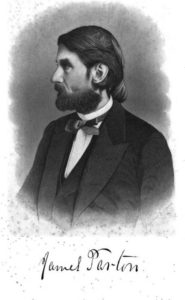
A Historian for Troubled Times: James Parton, Andrew Jackson, and the Secession Winter
The cry echoed throughout the crisis which followed Abraham Lincoln’s election: “Oh, for an hour of Jackson!” It crossed party and even sectional lines, linking dyed-in-the-wool Democrats to rock-ribbed Republicans, and indignant northerners to anxious southern dissenters. As they scorned lame-duck James Buchanan and awaited his untested successor, many Unionists ...
Read More
Read More
Editor’s Note: December 2018 Issue
We are pleased to present the editor's note for our December 2018 issue, chock full of fascinating articles. To subscribe, please visit our subscriptions page. This issue features essays on the political and social contexts of the sectional crisis, looking carefully at what Americans read and how they voted—and for ...
Read More
Read More
Fighting the Good Fight
Today we share the conclusion to our fiction roundtable here on Muster, by our guest editor, Sarah E. Gardner. You can read all of the roundtable reviews by clicking on the links in her introduction. We hope you've enjoyed these reviews as much as we have here at The Journal ...
Read More
Read More
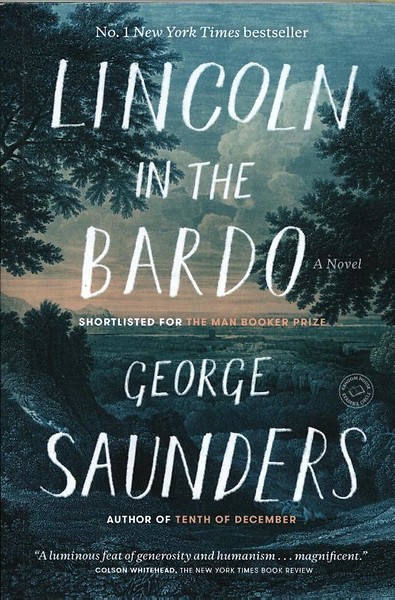
Lincoln in the Bardo
Our final review for this week's roundtable comes from Nina Silber, Professor of History and American Studies at Boston University. You can read all of the roundtable contributions by clicking on the links in the guest editor's introduction. In this imaginative and deeply moving book, George Saunders has re-envisioned the ...
Read More
Read More
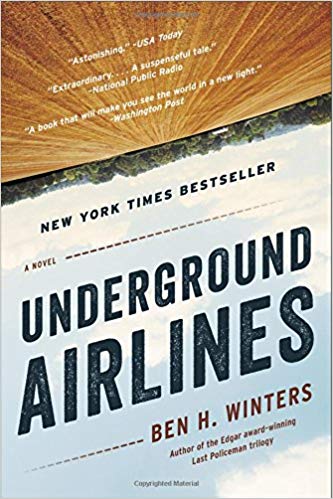
A New “Alternative” History: Ben Winters’s Underground Airlines
Because most are poorly-plotted, barely-disguised apologies for the Lost Cause, many historians have a low tolerance for “alternative histories” of the Civil War. Whether in the form of Confederate memorials like Silent Sam or Harry Turtledove novels, folks love to fantasize about what the United States would have been like if ...
Read More
Read More
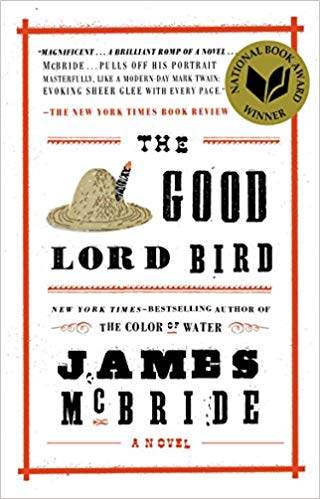
James McBride’s Reimagining of John Brown and His Legacy
Below you will find the third review in our Civil War fiction roundtable, from Hilary Green, an associate professor at the University of Alabama. Previous and subsequent reviews in the series are available by following the links in the guest editor's introduction. The controversial figure of John Brown--and his connections ...
Read More
Read More
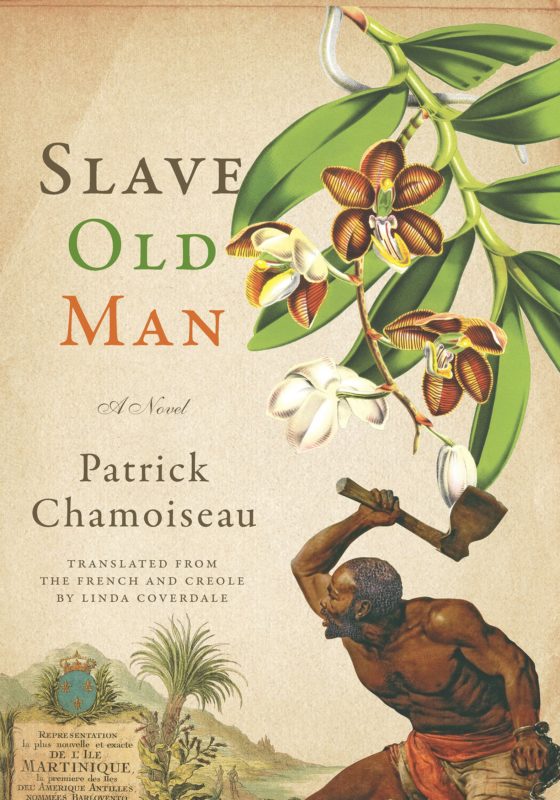
Slavery and the Historical Imagination: A Review of Patrick Chamoiseau’s Slave Old Man
Today's contribution to our fiction roundtable comes from Timothy J. Williams, assistant professor of history at the University of Oregon. You can read previous and subsequent entries by using the links here. In 1997, Patrick Chamoiseau, author of a dozen works about his native home of Martinique, published Slave Old Man ...
Read More
Read More
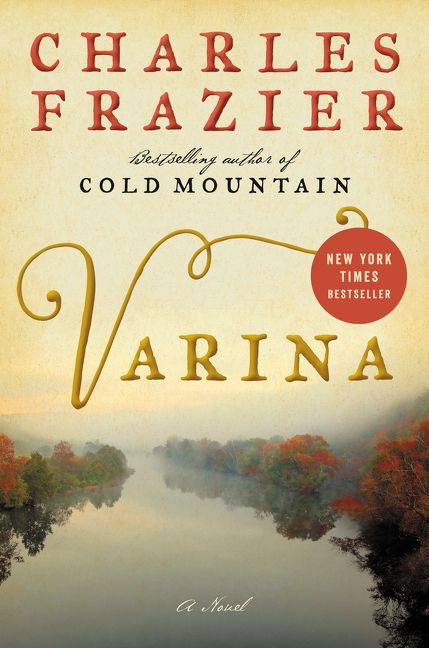
Confederate Widow Confidential: Varina Tells (Almost!) All
Today we share the first post in our roundtable on recent Civil War fiction. The guest editor's introduction, by Sarah E. Gardner, includes links to all the posts and can be found here. The cover of Charles Frazier’s Varina: A Novel identifies its author as the “bestselling author of Cold ...
Read More
Read More
Fiction Fights the Civil War
This week, Muster begins a series on recent fiction about slavery and the Civil War. Interest in how the war is represented in popular literature remains unabated because the legacies of slavery and the war endure, a point emphasized by Carole Emberton in her roundtable review of Underground Airlines. Who ...
Read More
Read More
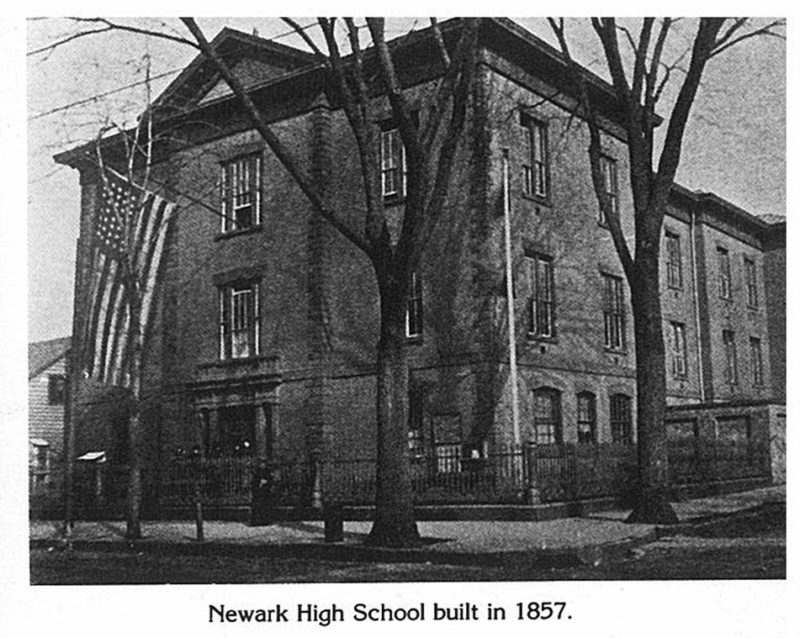
“What soldiers are for”: Jersey Boys Wait for War
A certain cohort of the baby boomer generation—boys born between the late 1940s and mid-1950s—spent their high school years wondering if they would be drawn into the Vietnam War. With older brothers, neighbors, and older friends anxiously awaiting their lottery numbers; with the nightly news and weekly news magazines providing ...
Read More
Read More
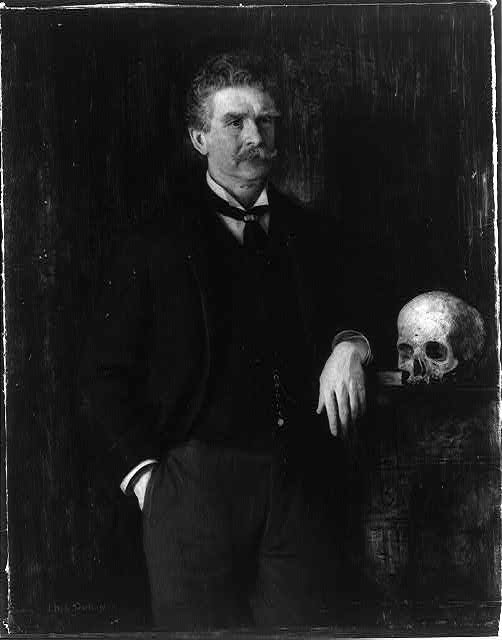
The Life He Should Have Thrown Away: Ambrose Bierce and Soldiers’ Complicity
In “Still Life: From the Notebooks of Ambrose Bierce, 1862,” twentieth-century poet R. T. Smith presents a sketch artist who, despite being surrounded by the sights and smells and sounds of the aftermath of the Battle of Shiloh, chooses to draw a still life of a peach. An “Illinois corporal” ...
Read More
Read More

Men Go to Battle and the Civil War’s Dark Turn
ABRUPT, adj. Sudden, without ceremony, like the arrival of a cannonshot and the departure of the soldier whose interests are most affected by it. Dr. Samuel Johnson beautifully said of another author’s ideas that they were “concatenated without abruption.” ...
Read More
Read More
